BY FEMI ADEBOWALE AKINWUMI
Agitations for the state of Biafra did not stop completely despite the ‘no victor, no vanquished’ settlement of the ill-fought thirty-month Nigerian civil war. Of late, the demand for a Biafran state (which the late literary icon, Chinua Achebe referred to as ‘a country that was not to be’ in his popular book ‘There Was a Country’) is beginning to gain momentum majorly among Igbo traders and artisans in the south-east and south-south zones of Nigeria. This somewhat diversionary cause is being championed by Movement for the Actualization of the Sovereign State of Biafra (MASSOB) and recently, the Indigenous People of Biafra (IPOB).
What led to the recent revisionists’ loud cry for the secession of Biafra is yet to be clearly elucidated. However, several notable commentators have alluded to the loss of last presidential election by former President Goodluck Jonathan, a project in which the Igbo nation heavily invested. For the fact that Igbo sons and daughters were well positioned, occupied plumb and prime seats in the last administration, they rightly worked for the re-election of their benefactor, Goodluck Jonathan.
Predictably, agitations for the state of Biafra ‘died’ during his five-and-half-year administration. Another reason is the alleged marginalisation of the south-east zone by the present Buhari led-administration. Some claimed the perceived marginalisation was self-inflicted by the people of the region who put all their eggs in one basket during the last national election. Also, some opinion leaders said it is for economic reasons, as Igbo people are known to be very industrious and highly literate. They reasoned that under Biafra, they will transform the entire landscape better than what the region is witnessing today.
Advertisement
Whatever the reasons for the agitation for the state of Biafra, the truth is that every part of this country has felt marginalised at one point in time or the other. To seek redress, the people of south-east region need to apply a more pragmatic approach rather than the usual predictable recourse to the threat of secession. The drum of violence by IPOB members would only complicate an already tense situation.
Nigeria, the most populous black nation on earth, is facing myriads of problems ranging from insecurity, religious and ethnic intolerance to stiffening corruption and economic doldrums. In the same vein, every country in the world has its own fair share of these difficulties be it economic, security or ethnoreligious. From the Trump’s troubled United States to the Venezuela in the South America to the Middle-East’s unending conflicts, governments and its people must work together to resolve these challenges. Will the fragmentation of Nigeria into pieces (I don’t know how many) solve the problems that face her people? I doubt pretty much.
If the Biafra is allowed to secede today, I foresee a situation whereby people of the South-South will demand their State as well. The people of south-west will push for a separate State too. The amorphous middle-selt majorly in the present day north-central zone may not be willing to go with the core north and soon agitation for a separate state will kick in. Such a cycle is even likely to repeat itself among the new nations when created. If we allow this to happen, what then becomes of the ‘Giant of Africa’ and the ‘Pride of Black’ race?
Advertisement
In the recent times, history hasn’t made splitting a large country into small pieces attractive. Let’s look at a few examples. How much do people know about those small nations that broke out from the Soviet Union? Is it not only the Russia that can look the United States (US) in the eye? What is a small landlocked nation like Lesotho known for today? Won’t it have been more profitable and gratifying for her nationals to be part of South Africa? So far, what has been the lot of the newest country in the world, South Sudan? Is it not that of hunger, abject poverty, underdevelopment and war?
If the only country in sub-saharan Africa with the potential to match other world powers across other continents decided to shoot herself in the foot by allowing her to break into pieces, then we would have let the entire black race down. Come to think of it, why is the European Union (EU) hesitant to allow the United Kingdom leave the Union? This is because it will weaken the union by disrupting its internal equilibrium and reduce the influence in international circle. The United States of America has a population that almost doubled that of Nigeria and it is a melting point of all cultures and races. The US remains a strong and united entity 240 years after independence.
I call on all Nigerians to join hands and work together to address every impediment to our national growth and development. Let all agitations for secession from the east, west, south or north cease forthwith. We must all contribute our quotas to make Nigeria great. United we stand, divided we fall. God bless the Federal Republic of Nigeria!
Dr. Femi Akinwumi is a medical practitioner and social commentator. He writes from Ile-Ife Osun State.
Advertisement
3 comments
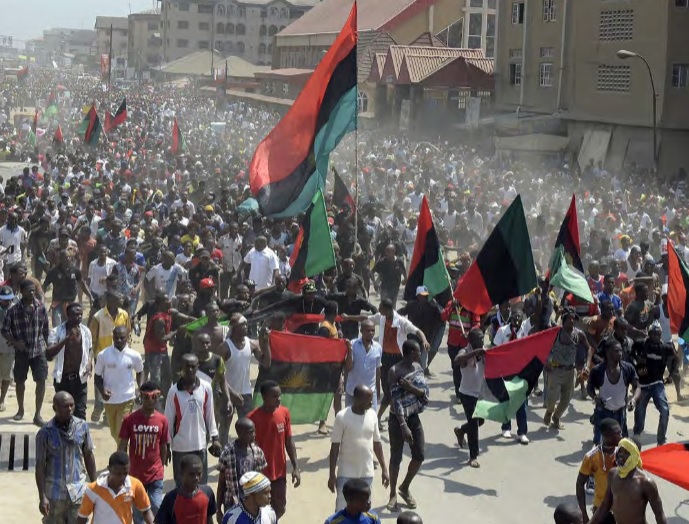
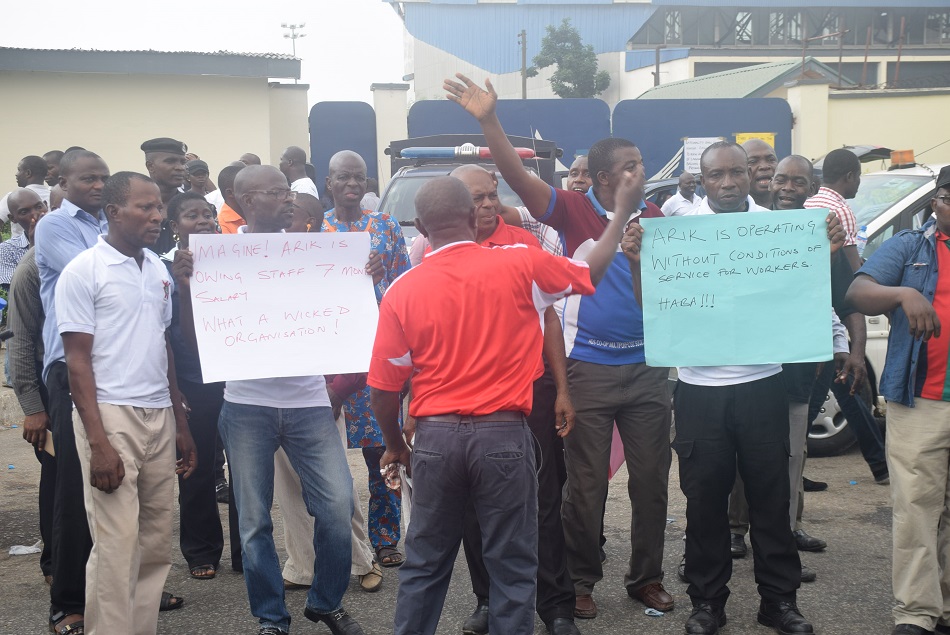
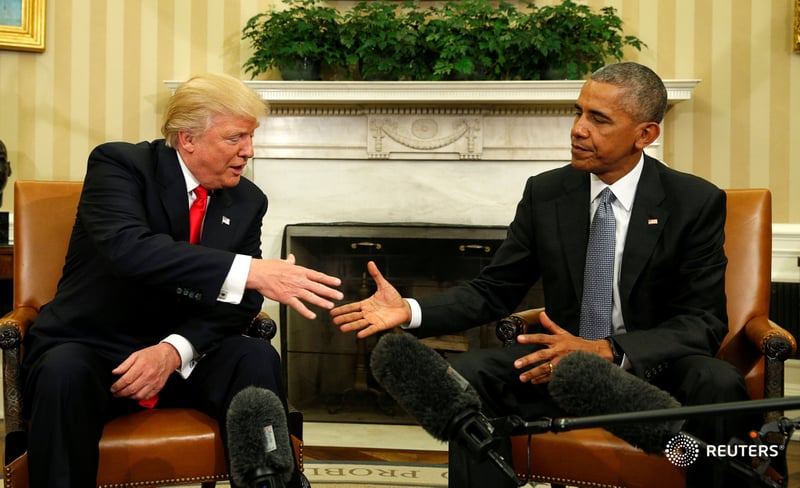
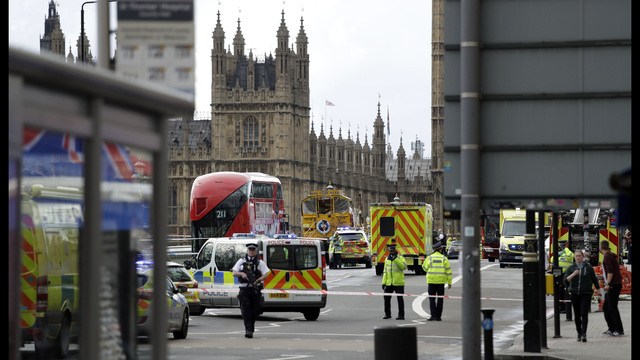
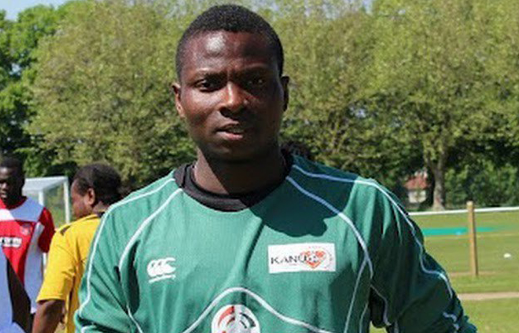
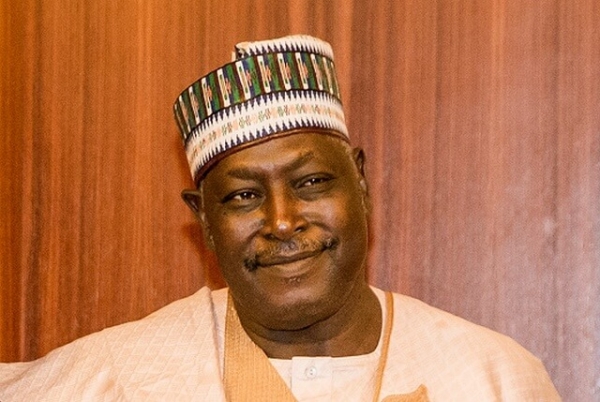

Sir ur writeup is very nice but Nigeria leadership is made up of corrupt people. If ur vew will happen in Nigeria we need total change 1. Confedration system of government is needed in a nation like Nigeria and so many more resources control let the state have power more than the federal government so that it will protect its people easily we ar very far from democracy we need so many things in Nigeria to make it United agn without all this thing there may be another war in Nigeria with time and it will be more deadly thank u sir
Baseless article!killing one another is a task to be one Nigeria I thought you could have mentioned small countries like Iceland Macedonia Irish Luxemburg just to mention few. Scotland is on the way.these countries are not up to 1 million in population.
One thing I believe in this life is when God decides to bless u, He does not take excuse from anybody, freedom is God alone. I believe that it is only God who can give us Biafra and nt human being